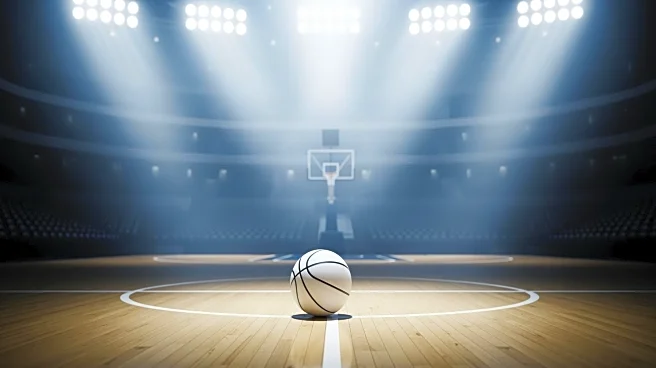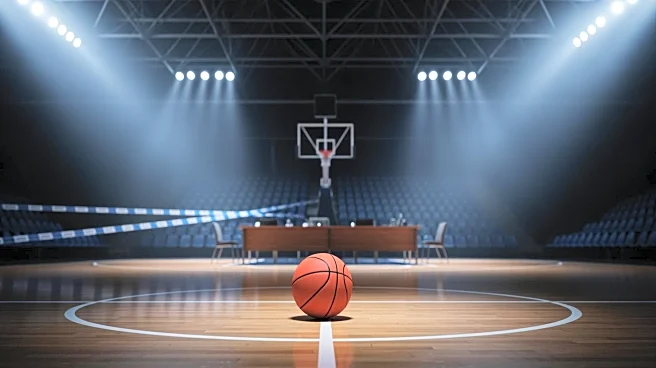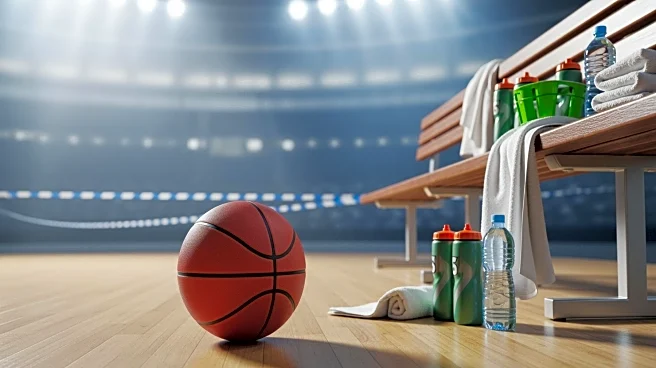What's Happening?
Jayden Ulrich, a senior at the University of Louisville and a 2024 Paris Olympics participant, is preparing for the NCAA championships with the top qualifying distance in discus. Despite her achievements, the recent House v. NCAA settlement, which allows
for revenue sharing with athletes, may not significantly benefit non-revenue sports like track and field. The settlement allocates $20.5 million for revenue sharing, but the majority is expected to go to football and men's basketball, leaving limited funds for athletes like Ulrich.
Why It's Important?
The settlement represents a historic shift in NCAA policy, allowing athletes to receive direct financial benefits from their contributions. However, the distribution of funds highlights ongoing disparities between revenue-generating sports and others. Athletes like Ulrich, who achieve international success, may not receive financial recognition proportionate to their accomplishments. This situation underscores the need for a more equitable distribution of resources to support all collegiate athletes, regardless of their sport's revenue potential.
Beyond the Headlines
The settlement raises ethical questions about the value placed on different sports and athletes within the NCAA. It also highlights the cultural significance of sports like track and field, which, despite not generating significant revenue, contribute to national pride and international representation. The ongoing debate may influence future policies and funding models to ensure fair compensation for all athletes.















